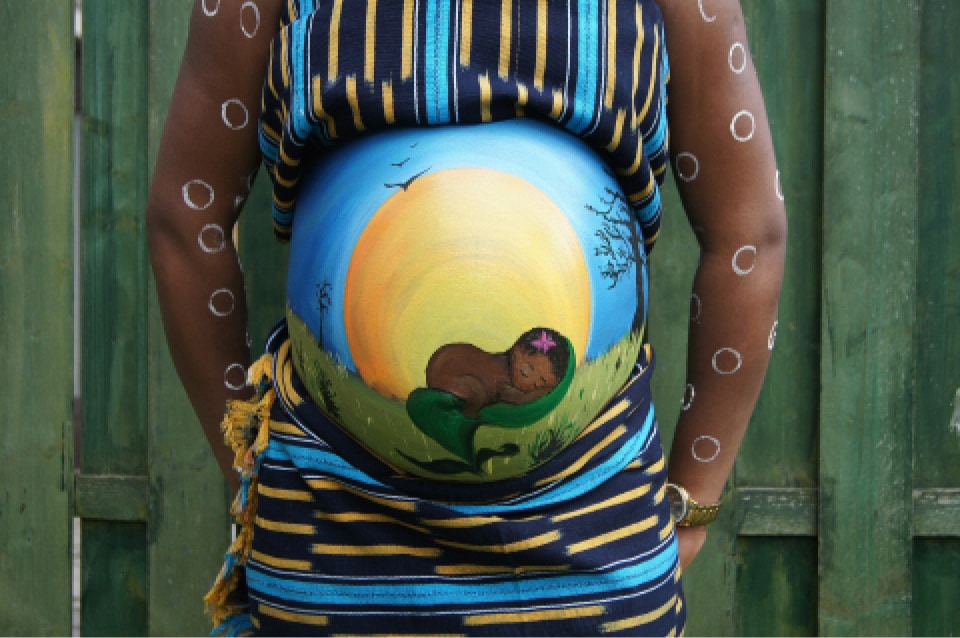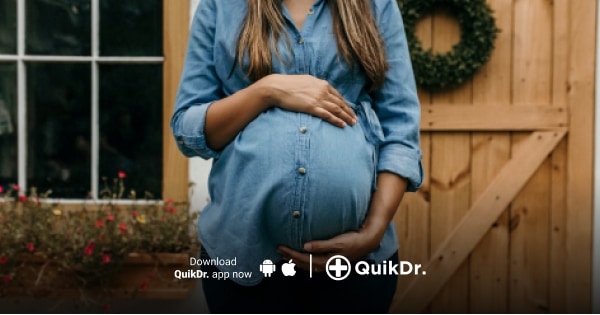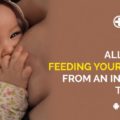A pregnant woman should always be aware of the fact that there are many toxic chemicals that she might come in contact with every day. There are high chances that these chemicals could possibly harm the mother or her unborn. Chemical exposure can occur in different kind of ways.
Sometimes you breathe it in, ingest it in the food you eat, or in some cases, absorb it through your skin. Your unborn is highly susceptible to these toxic chemicals that even low exposure could cause abnormal development or birth defects.
Exposure to household chemicals during pregnancy can lead to preterm birth, low birth weight and even death of the unborn. It can also lead to conditions such as asthma in the baby’s later life.
Even though there are not much proven potential link between the fetus and the chemicals, try to focus on maintaining a healthy lifestyle. If you are concerned about your baby’s health, it is always best to seek the advice of a doctor.
Things to Take Care Before Pregnancy
Having a baby is the dream come true of every couples. Along with the various diet and lifestyle changes to improve fertility, there are many things to take care before pregnancy.
If you are someone who is pregnant or planning to get pregnant, it is important to prevent the exposure towards the below-mentioned household toxins.
1. Paint

Paint as well as paint thinner releases toxic aromas which can have a negative impact on the health of an unborn child. Many of the parents forget about the harmful properties of pain when they start decorating their house using colourful paints. Solvent-based paints contain traces of lead and have noxious properties.
If you really want the painting to be done at your home, go for water-based paint and a paintbrush rather than using a spray that contains solvents. If you are a pregnant woman, you should completely avoid taking part in painting products in and around the house.
2. Lead-based products
Exposure to lead-based products can cause miscarriage, stillbirth or premature birth in pregnant women. A pregnant woman transfers lead to the baby through placenta. This can affect the nervous system, brain, and spinal cord of the developing baby. Some of the lead-based products include antique ceramics, crystal glassware, paints, scented candles, etc. Exposure to lead also causes higher rates of intrauterine growth restriction, that is, the babies born are abnormally small
3. Pesticides
Pesticides are those chemicals used in and around the home to kill or control plant as well as animal pests. If you are pregnant, avoid handling lawn chemicals. Make sure to wash fruits and vegetables thoroughly before you consume them. Exposure to high amounts of pesticides can contribute to problems including birth defects and miscarriage. Reduce the risk by choosing pest control options having less or zero chemicals.
4. Phthalates
Phthalates are the chemicals used to improve the plasticity, durability, transparency, and longevity of personal care products, detergents, food packaging, children’s toys, paint, cosmetics, and many more. They are endocrine disruptors, and pregnant women are said to be at a higher risk of experiencing ill effects.
Exposure to phthalates increases the risk of miscarriage and can also shorten the distance between the anus and genitals of the fetus, an issue sometimes resulting in sterility.
5. Arsenic
Exposure to high arsenic levels can increase the risk of miscarriage. It is also associated with lower birth rates and increased risk of infant mortality. Most outdoor wooden structures contain arsenic-based preservative known as chromated copper arsenate.
High levels of arsenic are also found near agricultural areas as well as hazardous waste sites where arsenic-based fertilizers may be present in the soil.
6. Mercury
Exposure to high levels of mercury during pregnancy can cause problems for the unborn child as well as the mother. Avoid fishes that contain high amounts of mercury such as tilefish, shark, and king mackerel. If there are any fluorescent light bulbs or broken thermometers in your home, make sure to throw it away.
Easy Tips on How to Avoid Toxic Substances in Your Home

Here are some easy tips to take care of yourself before pregnancy :
- Do proper research on the household toxins that can affect the fetus
- Find alternative products if you can
- Always read and follow the instructions given on the package cover.
- Avoid plastic containers, synthetic fragrances, and tin cans.
- Eat organic food
- Consider not renovating your house while pregnant
- Choose natural household cleaners
- Make sure to keep your home well-ventilated
- Use organic cosmetics
- Avoid hair colouring
- Wear gloves when you are gardening
- Ask someone’s help if a job requires the use of chemicals and pesticides
For an expectant mother, the health of her fetus is the primary concern. It is always best to seek the advice of a specialized doctor regarding any pregnancy-related queries. At times it becomes difficult for a pregnant woman to go to the hospital with all the queasy and nauseous feeling.
If you are experiencing something like that, don’t worry! You can sit in the comfort of your home and consult doctor online.







